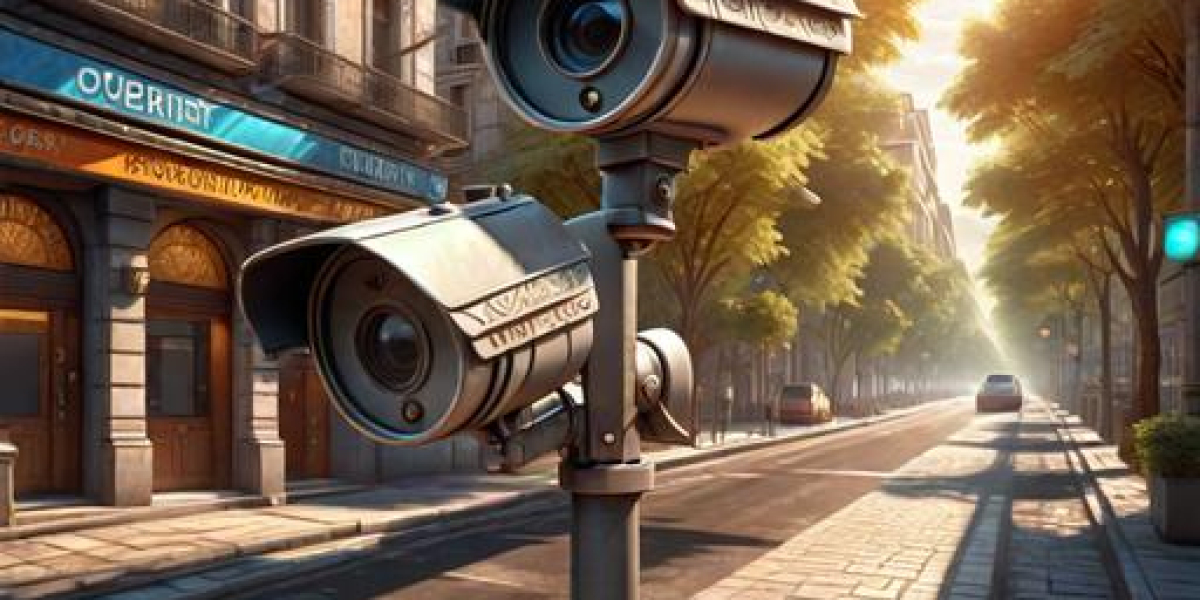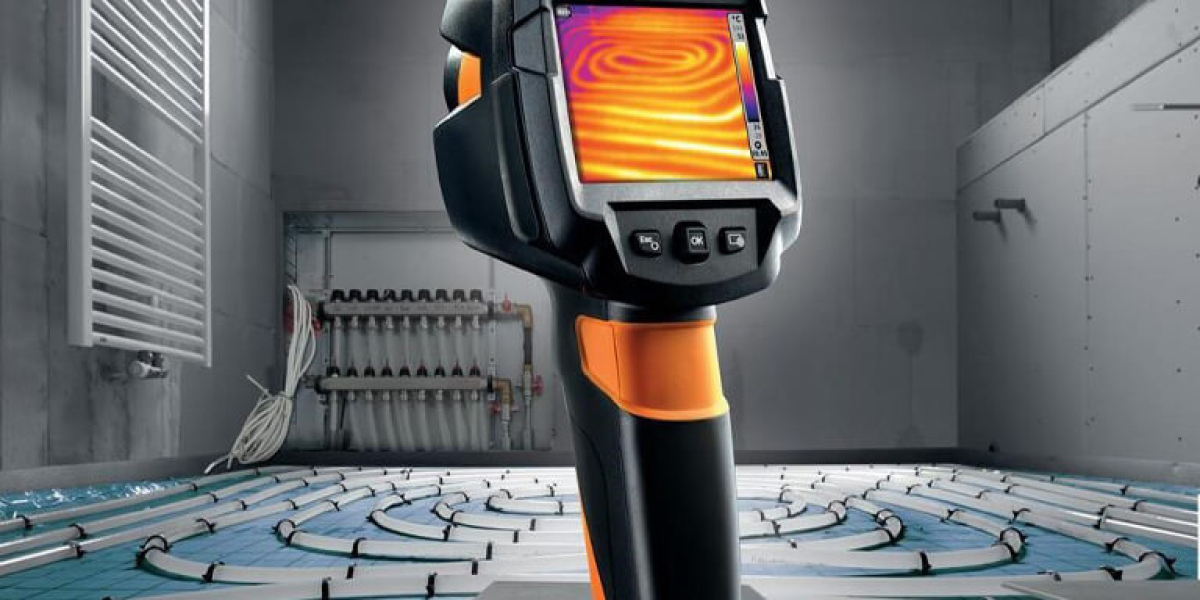When considering solar energy systems, one of the most frequently asked questions is, how many years can a solar inverter work? Solar inverters are crucial components that convert the direct current (DC) generated by solar panels into alternating current (AC), which is used in homes and businesses. Understanding their lifespan can help you make informed decisions about your solar investment.

Typical Lifespan of Solar Inverters
On average, solar inverters have a lifespan of about 5 to 15 years. However, several factors can influence this duration:
- Type of Inverter: Different types of inverters, such as string inverters, microinverters, and central inverters, have varying lifespans.
- Quality of Components: Higher quality inverters often last longer due to better materials and technology.
- Environmental Conditions: Inverters exposed to extreme temperatures, humidity, or dust may have shorter lifespans.
Factors Affecting the Lifespan of Solar Inverters
To further understand how many years can a solar inverter work?, it is essential to consider the following factors:
- Installation Quality: Proper installation is critical. Poor installation can lead to overheating and other issues that shorten the inverter's life.
- Maintenance: Regular maintenance can significantly extend the lifespan of your inverter. This includes cleaning and checking for any signs of wear.
- Usage Patterns: The frequency and intensity of use can also impact longevity. Inverters that operate under optimal conditions tend to last longer.
Signs Your Solar Inverter May Need Replacement
As your inverter ages, it is important to monitor its performance. Here are some signs that may indicate it is time for a replacement:
- Frequent error messages or alerts.
- Decreased energy production compared to previous years.
- Physical damage or corrosion on the unit.
Conclusion: Planning for the Future
In conclusion, while the question how many years can a solar inverter work? does not have a one-size-fits-all answer, understanding the factors that influence inverter lifespan can help you plan accordingly. Investing in a high-quality inverter and ensuring proper installation and maintenance can lead to a longer operational life. For more detailed insights, consider visiting this solar inverter lifespan guide.








